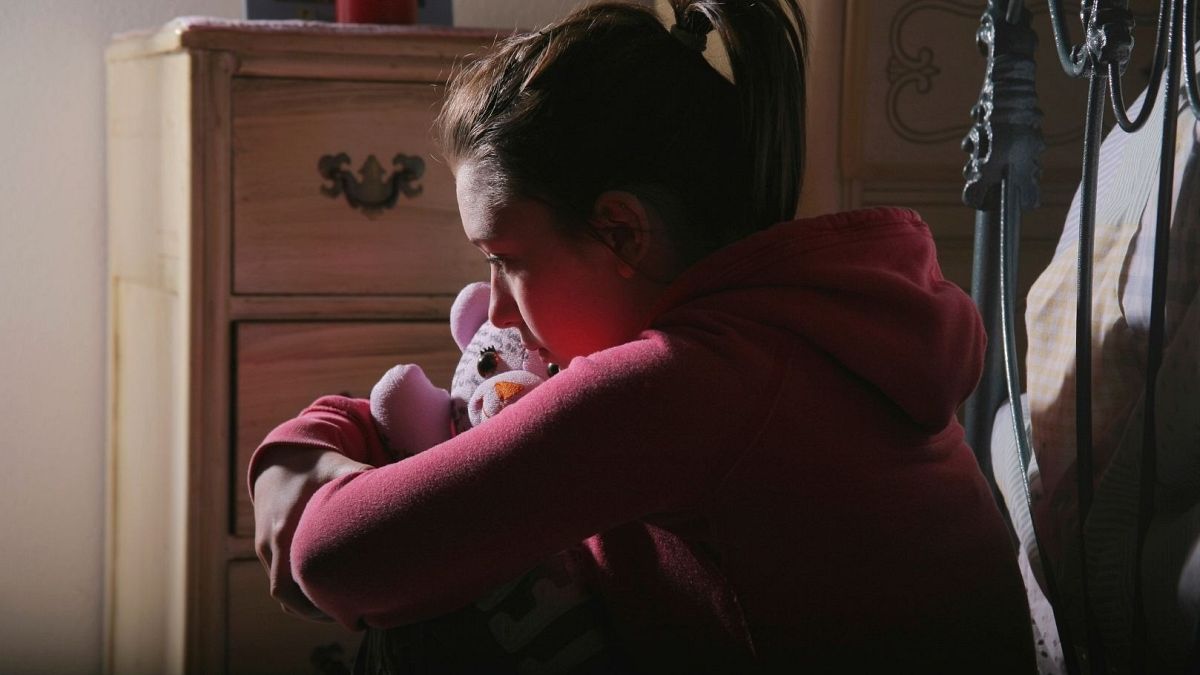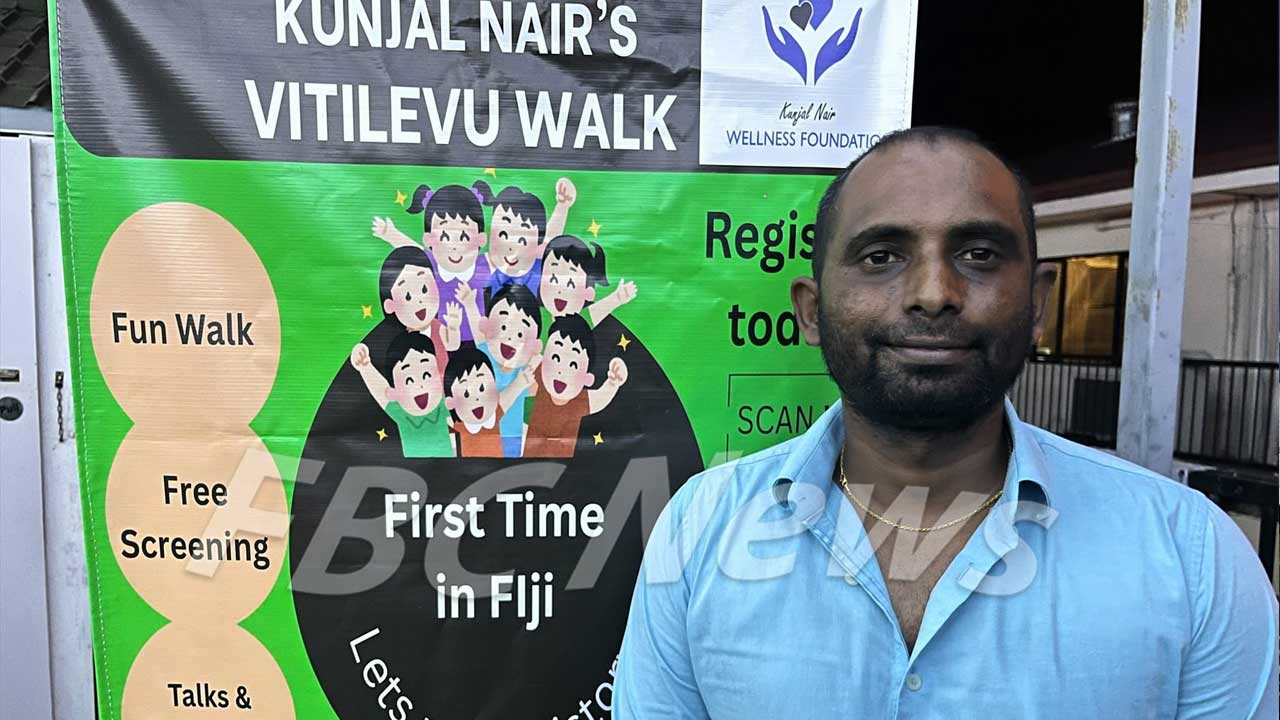Gippsland Mum's Desperate Plea: System Failure Leaves Son's Mental Health Crisis Unaddressed
The mother, who wishes to remain anonymous to protect her son's privacy, described a terrifying descent as her son battled increasingly severe anxiety and depression. “It was like watching him disappear,” she said, her voice choked with emotion. “He was isolating himself, losing interest in everything he used to enjoy, and expressing thoughts that were deeply concerning.”
Driven by desperation, she contacted various mental health services, hoping to secure immediate support for her son. However, she was met with long waiting lists, bureaucratic hurdles, and a frustrating lack of available appointments. “I was told there was nothing they could do until he reached a crisis point,” she explained. “That’s just not good enough. We needed help *before* he got to that point.”
The situation escalated, and the mother found herself struggling to cope with her son’s deteriorating condition and the overwhelming pressure of navigating a complex and unresponsive system. She felt abandoned and unsupported, forced to advocate tirelessly for her son’s wellbeing while battling a system that seemed designed to fail them.
Her story is sadly not unique. Mental health advocates have long warned about the shortage of resources and the challenges faced by families in accessing timely and appropriate care, particularly in regional areas like Gippsland. The lack of early intervention services means that many young people are only able to access support once their mental health has reached a critical stage, leading to more severe and long-lasting consequences.
“We need to do better,” the mother implored. “We need to invest in early intervention programs, increase the number of mental health professionals, and streamline the referral process. Young people deserve access to timely and effective support, and their families deserve to know that help is available when they need it most.”
This case is prompting renewed calls for a comprehensive review of the mental health system in Victoria, with a focus on improving access to services for young people and their families. It underscores the urgent need for a more responsive and compassionate approach to mental health care, ensuring that no one is left to face a crisis alone.
Key Concerns Highlighted:
- Long Waiting Lists: Significant delays in accessing mental health appointments.
- Lack of Early Intervention: Limited support available before a crisis occurs.
- Bureaucratic Hurdles: Complex referral processes hindering access to care.
- Regional Disparities: Greater challenges in accessing services in regional areas like Gippsland.
The mother’s plea serves as a powerful reminder of the human cost of systemic failures in mental health care and a call to action for policymakers and healthcare providers to prioritize the wellbeing of young people in crisis.






